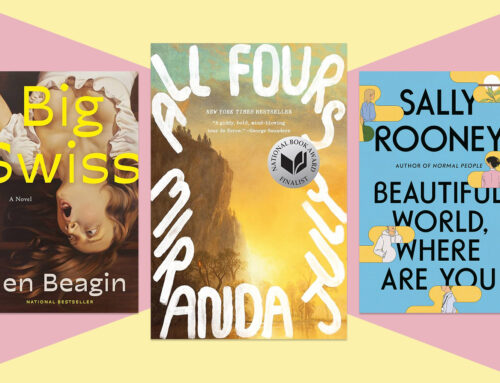Canada became the second country in the world to legalize marijuana in October 2018. Some viewed this as a controversial decision, worried about what the outcome would be. Others celebrated the choice, claiming that it’s for the better. Canadian Prime Minister Justin Trudeau tweeted, “It’s been too easy for our kids to get marijuana – and for criminals to reap the profits. Today, we change that. Our plan to legalize & regulate marijuana just passed the Senate. #PromiseKept”. Bill C-45 was passed due to Trudeau’s efforts to keep marijuana away from underage users and reduce related crime.
There seems to be such a large generational gap—with children teaching adults about how to use the electronics they were raised on and older generations nostalgic about the “simpler times”. In Canada, do the different generations see the legalization of weed with the same differences? And, as we’ve seen with other things, are the younger generation more open to accepting this change as the future?
After speaking to a few people it was clear that, for the most part, people’s opinions about the recent legalization of marijuana are not confined to what people would expect them to think because of their age. Speaking to people I found that they see the legalization in a more personal way, which depended on their character and personal thoughts rather than the era in which they were brought up in.
When talking about this government decision to Susan*, who is aged 58, she said, “How I see it is that people are always going to get marijuana. This way [With legalization], you’re cutting out the ‘middle-man’ and are getting regulations through the government. Hopefully, it would eliminate buying and selling drugs on the black market”. However, Eddie*, who is aged 49, mirrors the more stereotypical response that comes from his age group. He claims that he “doesn’t understand the government’s reasoning to legalize” as he believes that marijuana is a dangerous “gateway drug”.
For the most part, young people are seeing the legalization of marijuana as part of the changing world in front of them. One thing that Sierra*, who is 17, is worried about is that “people who are younger than me will see it as a more common thing to do” and questioned why “cigarettes, in the past, were less demonized in society compared to weed”. She also stressed the importance of making sure that privilege was an “interwoven” part of the “marijuana conversation”. Isa, another 17 year old, just says that the increased access to “drugs scare her”.
Tim Stockwel, the Director of the Canadian Institute for Substance Use Research (CISUR), shared his knowledge about some of the issues that the Canadian government were faced with when deciding to legalize marijuana. He stated that the public platform has changed over the years, with the viewpoint on legalization becoming more and more positive. The statistics reveal that more than fifty per cent of younger people have tried cannabis at least once in their lives, which is why a majority of public opinion agree that people shouldn’t be criminalized for this. In making their decision, the government took into account studies to measure the amount of harm caused by cannabis and used a task force of consumers, academics, police, business people, public health officers and politicians to help measure this. On the opposing side, there were a variety of mental health concerns that were brought up, including worries about lung diseases. Nonetheless, there are about 25 times more people killed by alcohol than cannabis, ultimately comforting supporters with the relatively lesser health risks of cannabis.
It’s been almost a year since the legalization of marijuana passed in Canada. With other countries wanting to or trying to follow suit, will society see the stigma around marijuana change now that the laws are changing too?
*Names changed for privacy issues.




